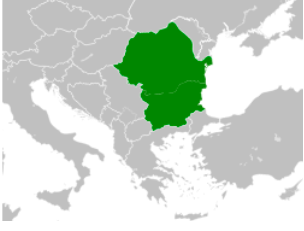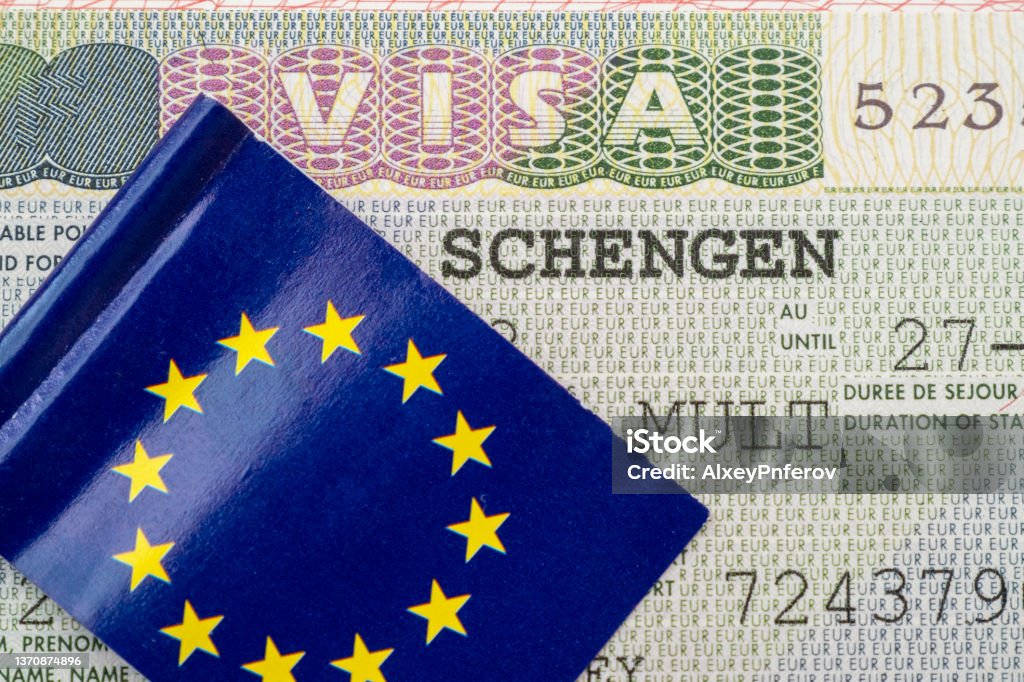This date was chosen because it corresponds to the International Air Transport Association’s (IATA) switch from winter to summer schedules. On this date, the 27 member countries unanimously decided to lift controls at the EU’s internal air and sea borders with Romania and Bulgaria.
However, a further decision will have to be taken on the date for lifting land border controls within the European Union.

THE SCHENGEN AREA
The Schengen Agreement was signed in the village of Schengen in Luxembourg, in 1985, and it came into effect in 1995.
The Schengen Area is a zone comprising European countries who created a single external border and eliminated internal border controls for travel purposes. This allows the free and unrestricted movement of people within the Schengen Area without the need for passport checks at internal borders.
The Schengen area is currently composed of 27 states. Of these, 23 are members of the European Union, and four are not (Iceland, Liechtenstein, Norway and Switzerland). Membership of the EU and the Schengen area is not compulsory. Some countries are satisfied with only one or the other. Prior to joining the Schengen area, Romania and Bulgaria had already been part of the EU since 2007.
Croatia was the last country to join the Schengen area. This took place on January 1st, 2003, and full integration was completed in March 2023.
A LONG-STANDING REQUEST
This important decision came after more than twelve years of negotiations. Since 2011, the Commission has considered that these two countries were ready to join the Schengen area.
Austria had previously blocked their entry into the Schengen area, rejecting their applications at the end of 2022. This rejection was in reaction to a massive influx of illegal immigrants onto its territory. Finally, Vienna agreed to withdraw its veto in exchange for a contribution from Bulgaria and Romania to reduce illegal immigration.
As a result, Romania and Bulgaria have signed an agreement with Austria to combat these illegal arrivals. In addition, the two countries joining the Shengen area have undertaken to apply European law, so that asylum applications are processed in the migrants’ country of arrival.
After this new decision , the President of the European Commission, Ursula von der Leyen, declared in a press release « Today marks a historic moment for Bulgaria and Romania, and a day of great pride for Bulgarian and Romanian citizens ».
Romania and Bulgaria joining the Schengen area is also seen as a further step towards deeper integration into the European Union, strengthening their position within the EU.










